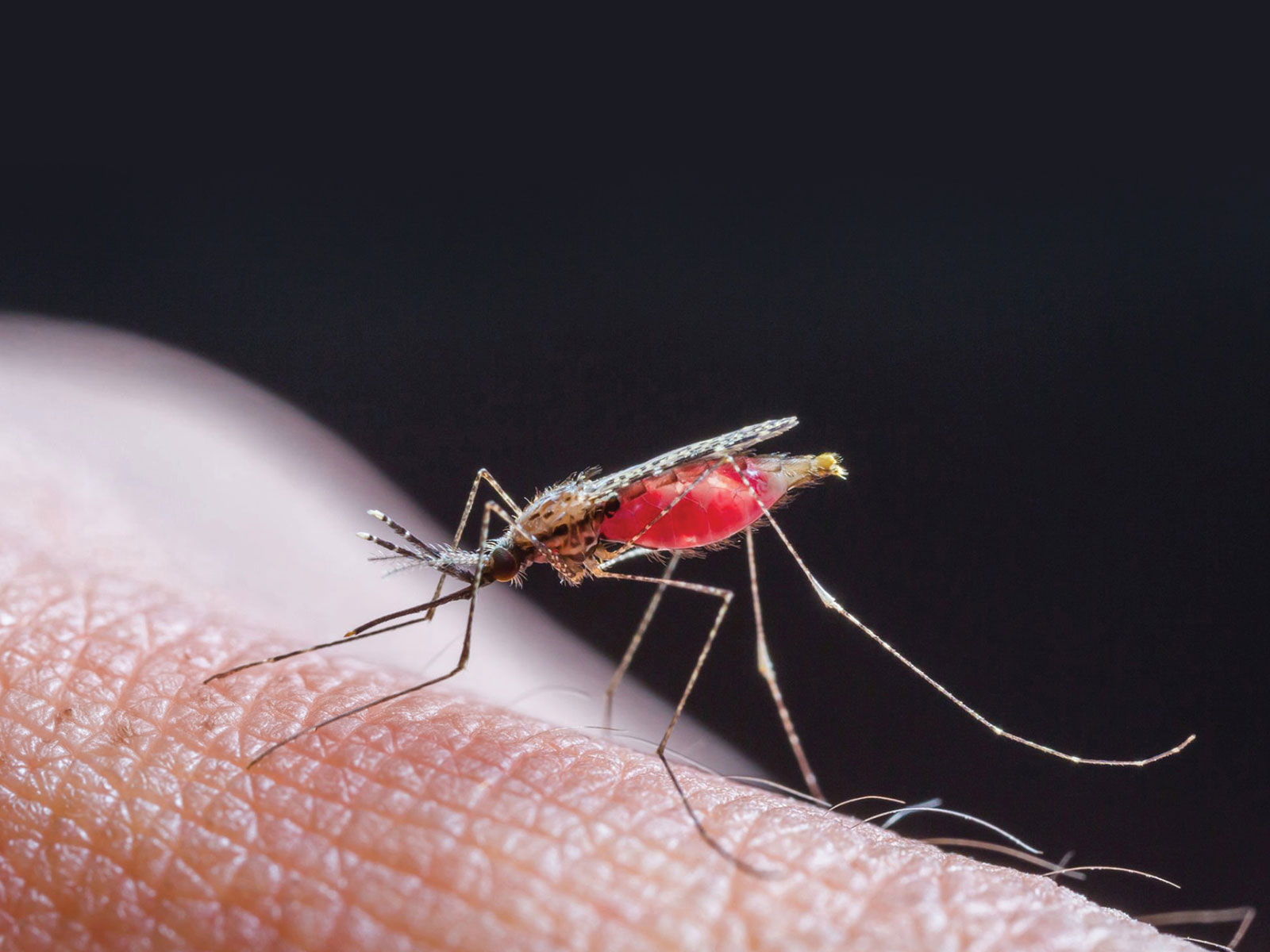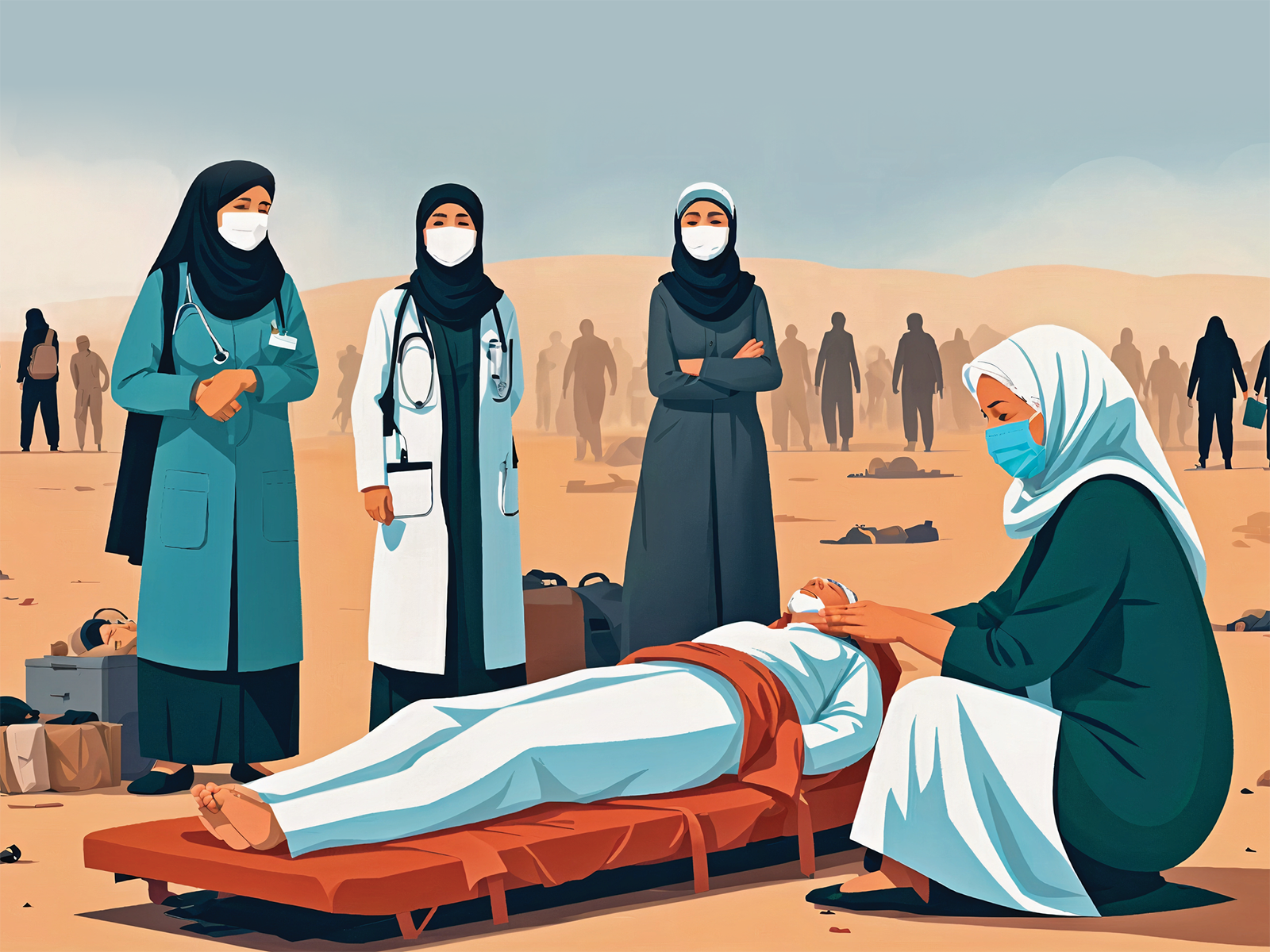196
countries adopted a legally binding international treaty on climate change at COP21 in Paris in 2016

Issue 51
Aug 2024
INSIGHTS
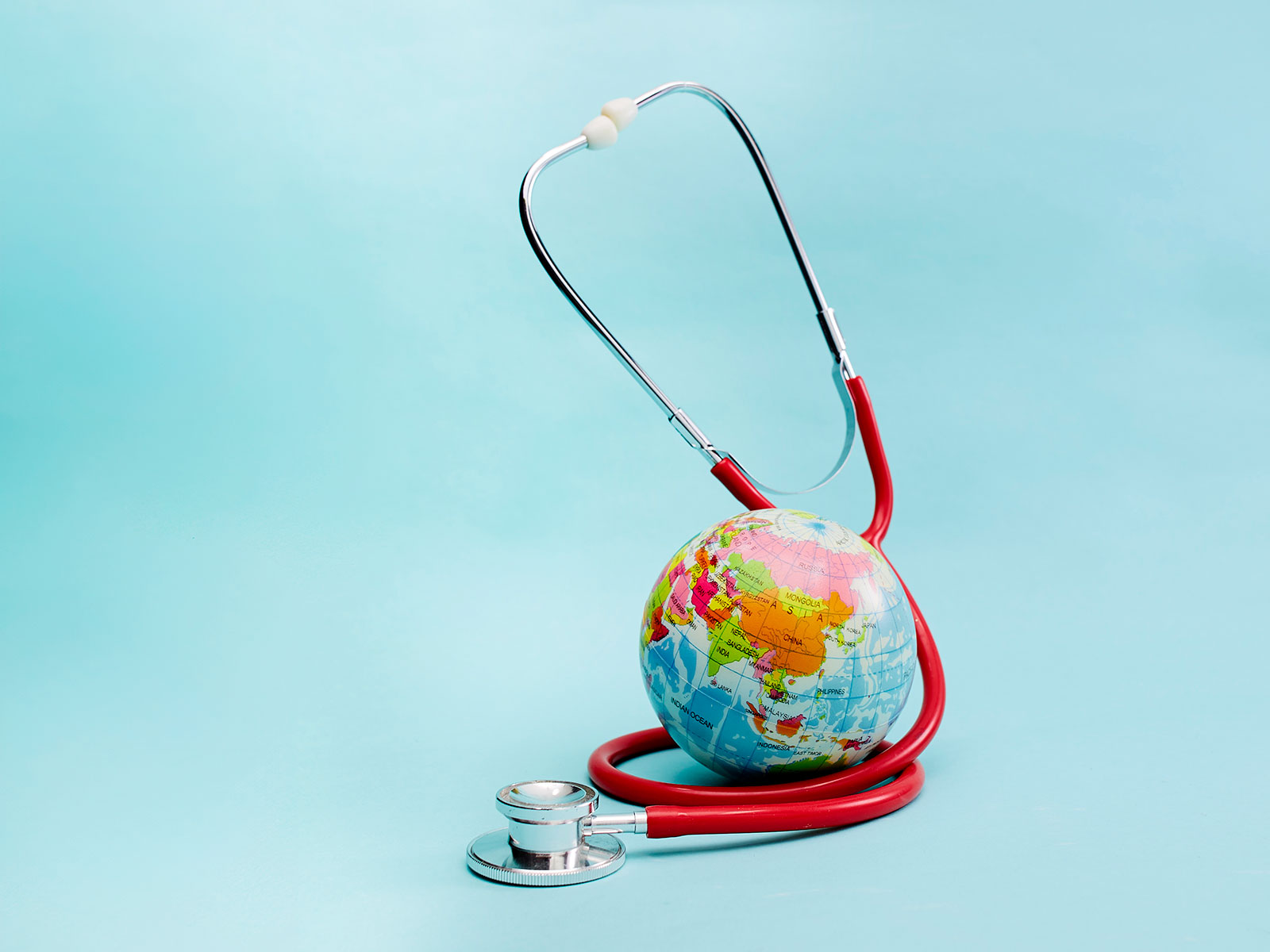
The Centre for Sustainable Medicine (CoSM) at the Yong Loo Lin School of Medicine, National University of Singapore (NUS Medicine) hosted its inaugural public plenary, themed “Driving Net Zero Healthcare in Asia and Across the World” on 13 March 2024. The following is the full transcript of the lecture delivered by Dr Richard Horton, Editor-in-Chief of The Lancet, at the plenary.
Congratulations on the launch of your exciting new Centre for Sustainable Medicine!
You have invited me to talk about how healthcare contributes to climate change and why it is the moral responsibility of the health professions to accelerate the net zero transition. But I would like to take a different approach. I want to broaden the context of our discussion. Why? Because the predicament we face is far more dangerous than I think we understand—although, as I will argue, we must be careful about how we frame the signal of danger.
Part 1
The Reality of Climate Action Today
When we launched our first Lancet Commission on Health and Climate Change in 2009, we were in the middle of the Millennium Development Goal (MDG) era (2000-15). There are no golden ages in global health. But there have been times that were more propitious for progress. Despite the 2007‑08 global financial crisis, the MDGs brought much success to global health.
One example: MDG-4 led to a rebirth of the child survival movement. Countries, multilaterals, civil society, the private sector, scientists, and health professionals collaborated in unprecedented ways. New leadership at World Health Organization (WHO) and UNICEF put child survival at the top of their agendas. The UN Secretary-General, Ban Ki-moon, launched his signature health initiative Every Woman, Every Child. New partnerships were created. Political will existed across the spectrum, from right (Stephen Harper in Canada) to left (Jens Stoltenberg in Norway). Billions of dollars were poured into new child health programmes. And accountability mechanisms were strengthened. Child mortality fell with astonishing rapidity.
There are many other one could point to: Gavi, the Vaccine Alliance, the Global Fund to Fight AIDS, Tuberculosis, and Malaria. Donors competed with one another to display their generosity. And all of this activity was underpinned by one very simple argument: that the key to economic development was to tackle a small number of diseases of poverty.
I still recall an event at St Paul’s Cathedral in 2005. It was the year of the G8 Summit at Gleneagles. Tony Blair was Prime Minister in the UK and his Commission for Africa had recently been published. Its title, Our Common Interest, perfectly summed up the spirit of the times—one of extreme optimism. So, when our 2009 Lancet Commission on Climate and Health—and our subsequent 2015 Commission on the same theme—was published, it was more than an encouraging historical moment. In 2016 in Paris at COP21, 196 countries adopted a legally binding international treaty on climate change. It’s important to remember how momentous this achievement was.
But the reality today is that many countries have deviated from the path they set in Paris. Partly, this is our fault. By “our”, I mean the global development community. The Sustainable Development Goals (SDGs), which followed the MDGs, were far more expansive, ambitious, and all-inclusive. They were also utopian. They promised everything to everybody. The SDGs were a promise without a plan.
2016 saw other deviations. A strain of populism and nationalism flourished: Brexit and the election of President Trump were prime examples. There was a turn away from international cooperation and support for multilateral institutions. There was a frustration, even cynicism, with people like us—scientists and “experts”. COVID-19 sharpened that nationalist and go-it-alone approach, from the initial response to coronavirus to the inequitable distribution of vaccines. Add to this a new phase—Russia’s war against Ukraine, increased political tensions over immigration, rolled back commitments to development aid (the UK killed its 0.7% policy in 2020), and rising scepticism about the wisdom of pursuing net zero, and you can see quite clearly that 2024 is not 2009—or 2016.
The reality is that we face headwinds that feel multiplicative, not additive. The challenge for us is to, first, recognise, acknowledge, and embrace this new political reality and, second, to use that reality to write a story that still has the power to persuade, mobilise, and inspire.
The challenge for us is to, first, recognise, acknowledge, and embrace this new political reality and, second, to use that reality to write a story that still has the power to persuade, mobilise, and inspire.”
Part 2
5 Climate Action Propositions to Consider
Let me now turn to the specific matter of climate and health. In 250 million years, the 7 continents of our Earth will no longer exist. What will remain will be a huge supercontinent— Pangea Ultima—where blistering conditions will extinguish all mammalian life. Between then and now, we have choices. The future of our world is becoming clearer as we better understand the present.
Declines in PM2.5 in the USA have stagnated or begun to reverse, largely because of wildfire smoke, which is only likely to grow in coming years. Intense tropical cyclones are beginning earlier—advancing by 3 days each decade—intersecting with extreme rainfall events to produce disproportionate impacts on human populations. Global water availability is in sharp decline across the Southern Hemisphere. And abrupt Greenland ice sheet loss will occur if global mean temperatures increase by 1.7-2.3 degrees Celsius above pre-industrial levels, leading to a global sea-level rise of up to several metres.
Given this new reality, I’d like to offer five propositions for us to consider.
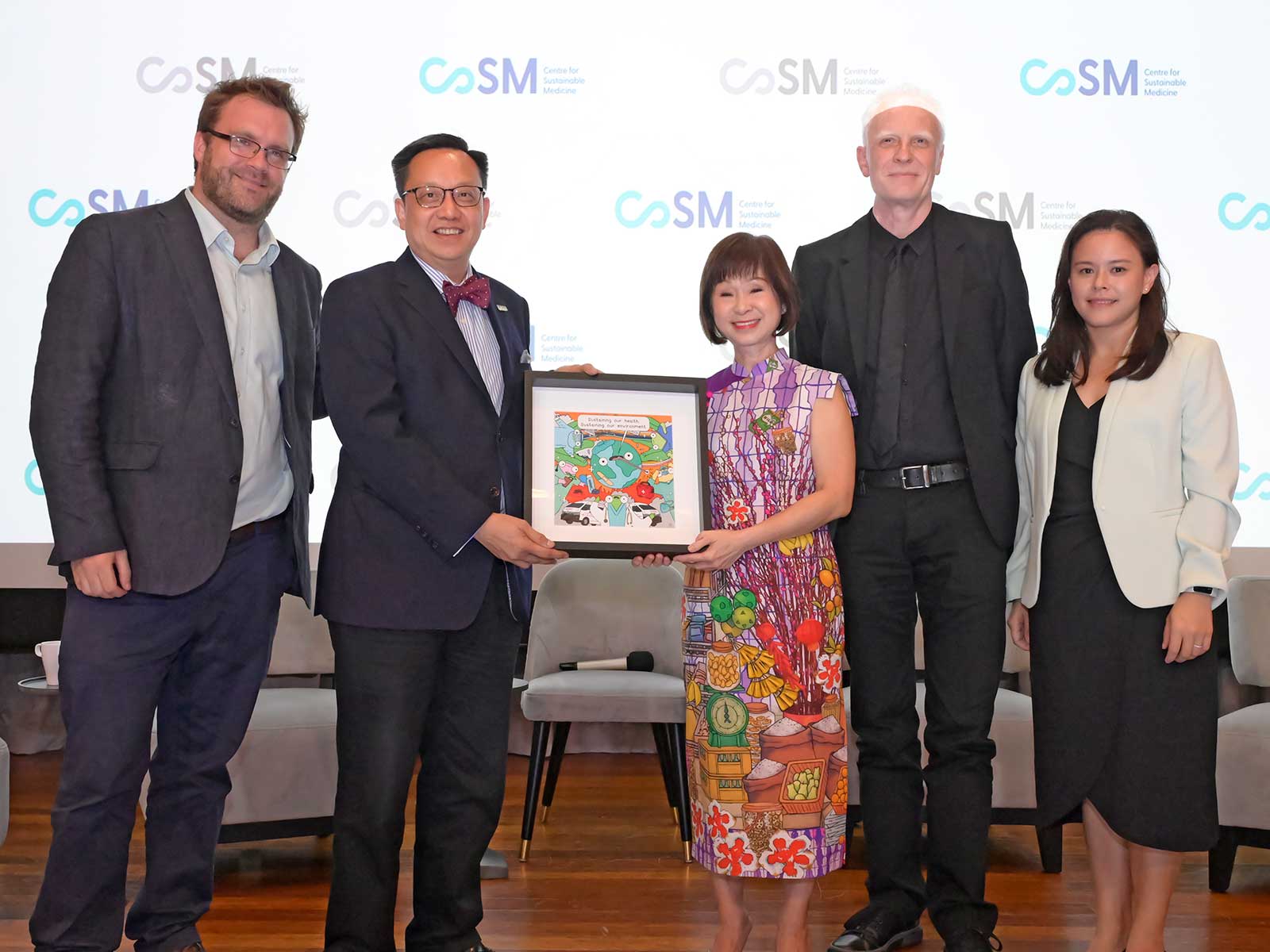
Professor Chong Yap Seng, Dean of NUS Medicine presenting a token of appreciation to Dr Amy Khor, Senior Minister of State for Sustainability and the Environment. Also in picture: Professor Nick Watts, Director of CoSM, NUS Medicine, Dr Richard Horton, Editor-in-Chief of The Lancet, and Dr Amanda Zain, Deputy Director of CoSM.
Proposition 1: Climate is important, but it’s not all about climate.
We commonly treat climate, biodiversity, and other societal challenges as separate problems. But they are not separate—they are all connected. Strengthening the biosphere on land and in water will support climate mitigation, biodiversity, and human health and well-being. In addition to ambitious emissions reductions, we must also simultaneously protect up to half of surface areas across land, freshwater, and oceans.
During the MDG era, poverty reduction was our biggest prize. But poverty has been largely sidelined as attention has shifted to the climate crisis. Perhaps understandably so. Surely poverty reduction demands economic growth, and economic growth is likely to increase production, consumption, and greenhouse gas emissions.
Heat-related deaths among those older than 65 years have increased by
85%
since 1990, and land affected by extreme drought increased by
47%
during the past decade
Not so! Work published by the World Bank last year showed that we can eliminate extreme poverty by 2050 with increases in emissions of less than 1%. Let’s put poverty reduction back at the centre of the development agenda.
The work of Johan Rockstrom and his colleagues has shown the importance of such a holistic approach to Earth System Boundaries. Climate, biosphere, water, nutrients, and the atmosphere should all be considered together because of their interdependencies. We must take a broader perspective when considering the idea of sustainability. Call it “climate plus”.
Proposition 2: There is still much that we don’t know, and that we need to find out as a matter of urgency.
We behave as if we know all that we must do to address our multiple environmental crisis. But look again.
A recent headline in a UK newspaper, The Guardian, ran: “High emissions put Beijing way off track on its climate goals”. We seem to be especially focused today on OECD countries and China regarding their contributions to greenhouse gas emissions. But as the Rhodium Climate Outlook, published last November, pointed out, by the end of this century, the region making the biggest contribution to greenhouse gases will not be OECD countries or China. It will be Africa. Africa contributes 9% of global emissions today, that figure is forecast to rise to 29% by 2100. The geographical circumference of our concern should be widened when planning emissions reductions. We need to be thinking about the world tomorrow, not only the world today.
There are future risks we are ignoring. But there are also risks that we are completely missing. Some of these missing risks were set out by a team led by James Rising in 2022: missing biophysical impacts…, effects on the most vulnerable groups in society, feedback risks and interactions (e.g., tipping points). Effects on the most vulnerable groups in society. Feedback risks and interactions (e.g, tipping points). Deep uncertainties: processes for which probability distributions don’t exist—social systems, technological breakthroughs, conflicts, and disease outbreaks. Even unidentified risks.
Identifying, tracking, and modelling these missing risks are going to require a very different approach to research: scenario planning, speculative storylines, more precautionary approaches, complexity science, creating large interdisciplinary teams, and encouraging funders to invest in this more imaginative research portfolio.
Proposition 3: We must add a new dimension to our climate action and activism—political science.
In science and medicine, we have a very simplistic approach to translating research evidence into action. Publish your paper in a high-impact journal. Issue a press release. Hold a press conference. Post an infographic, together with a few tweets. Record a podcast or a video. Publish a call to action.
You don’t have to be a Nobel Laureate to realise that this strategy isn’t working. Donald Trump has already said that, if elected again, he will drive forward fossil fuel production, sideline mainstream climate scientists, and overturn rules curbing greenhouse gas emissions. Trump has said that renewable energy is “a scam business”. In the UK, our government has U-turned on several of its net zero commitments.
The fact is that the arguments over the urgent need for climate action have not been won. That is because we don’t have an effective strategy for building political and public momentum for change. Political science can help us by analysing how power and influence are distributed in society. As Ed Gomez and others wrote in The Lancet for a series on political science and health in 2022, we need to better understand the interplay between interests, ideas, and institutions.
Interests: the motivations of politicians and civil society actors.
Ideas: the beliefs that shape behaviours and policies.
Institutions: the rules and constraints, traditions and customs, that affect political and policy outcomes.
In sum, we need to redefine and redraw the contours of climate science and climate action to be more encompassing of the social sciences.
Proposition 4: We need to take a less catastrophist approach to climate and health.
You may recall that our first Lancet Commission argued that “climate change is the biggest global health threat of the 21st century”. Some within medicine thought that view an exaggeration. I remember one chief scientist to the UK government saying that he had reservations about this conclusion, although he admitted that it had proven extremely useful in making his case to sceptical ministers.
For some, that catastrophist line of thinking is still the dominant narrative. But is it true?
Hannah Ritchie—head of research at Our World In Data—argues that it is not. She suggests that creating an ambience of anxiety, dread, and pessimism is precisely the wrong way to provoke governments and society to take climate change more seriously. In her book, Not The End Of The World, she claims that we are “in a truly unique position to build a sustainable world”.
Ritchie argues that we have all misunderstood the meaning of the Paris targets. 1.5 degree Celsius and 2 degree Celsius are not thresholds, beyond which lie annihilation. We should be fighting for every 0.1 degree Celsius, irrespective of the absolute increase in temperature. Her philosophy is one of “urgent optimism”. Instead of thinking that we may be the last generation of human beings on planet Earth, she suggests that we can be the first generation to achieve sustainability.
Isn’t that a more energising message than thinking we are all about to fry?
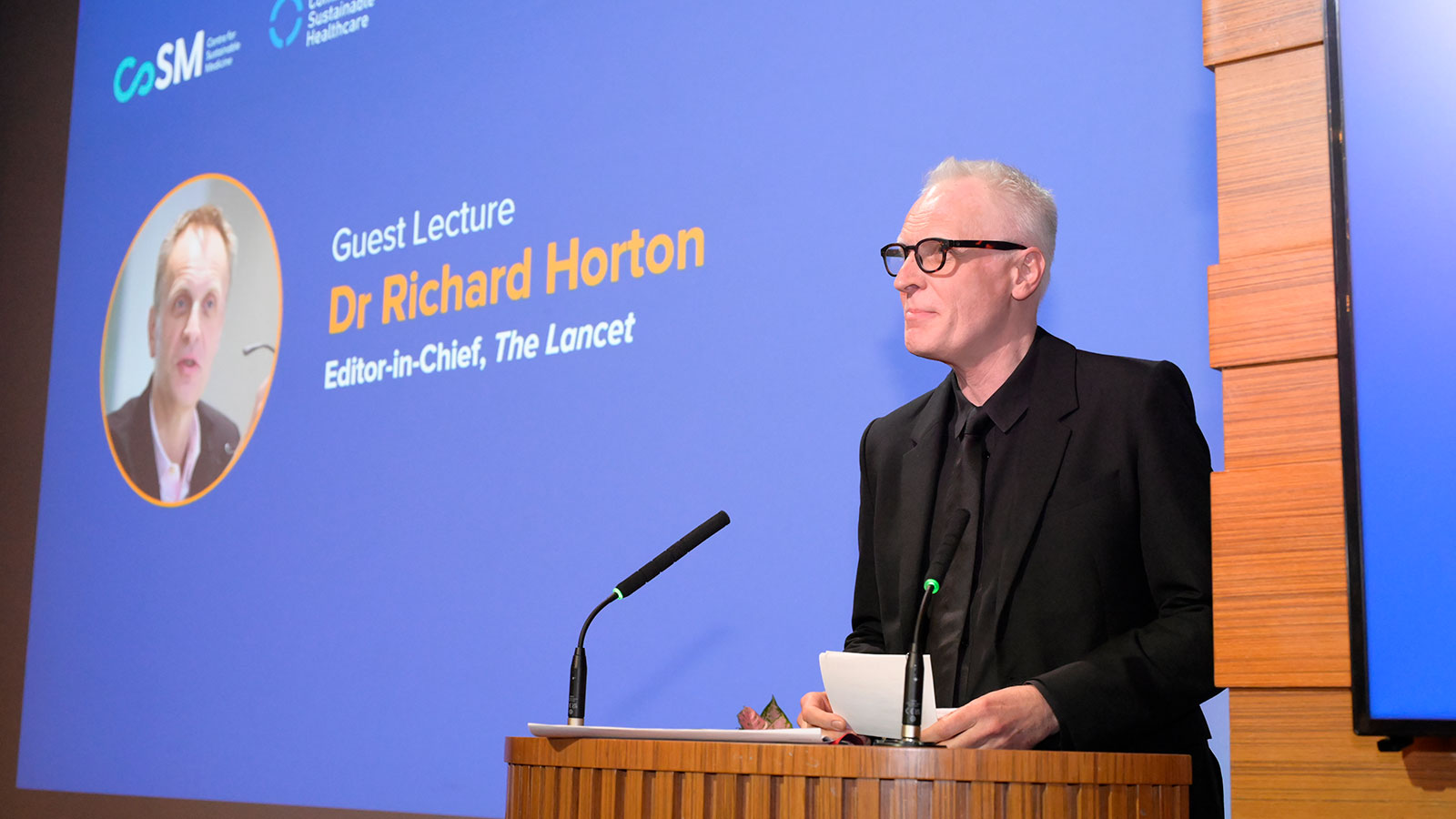
Proposition 5: Health is a unique and unifying indicator of our predicament and progress.
From our first Commission in 2009 to the latest 2023 report of The Lancet Countdown on Health and Climate Change, a formidable community of health and climate researchers has grown into what I hope is a powerful accountability mechanism to track action—or, too often, lack of action—to mitigate and adapt to the climate emergency.
Last year’s Countdown report made sobering reading. Although health gained greater prominence in climate change negotiations, Marina Romanello and her team reported that older adults and young children are being exposed to twice as many heatwave days as they were 20 years ago; heat-related deaths among those older than 65 years have increased by 85% since 1990; land affected by extreme drought increased by 47% during the past decade, jeopardising water security, sanitation, and food production. Indeed, over the past decade, 127 million more people have experienced food insecurity because of a higher frequency of heatwaves and droughts.
The truth is, therefore, that although the scientific understanding of the connections between health and climate change is growing, the translation of that science into action is pitifully slow, even reversing in some settings.
Health is a unique and unifying indicator of our predicament and progress.”
Part 3
Health and Healthcare Are Unifying Factors for Climate Action
So, what do we do? Here is why I remain mobilised, inspired, and optimistic that the health community remains special in particular ways. Let me explain why.
Health has a special moral importance that we have an obligation to take more seriously. If we are concerned about the idea of justice—that is, a fairer society for all—then we have to be concerned with the idea of opportunity. The idea that everyone in society has the opportunities to be who they want to be without harming the opportunities of others. That we are all able to pursue the life plan that we wish to develop for ourselves. Without opportunities for us to realise our hopes, desires, or ambitions, our societies will simply remain as they are—unequal and divided, unfair and unjust, with social mobility a distant dream.
The idea of opportunity is central to the idea of a more just society: opportunities must be open to everyone, without exception. And now, the crucial truth: that opportunity fundamentally depends upon health. Unless we are able to function as normally as possible as human beings, opportunities will always remain out of reach for us, from education to prosperity, creativity to innovation.
My conception of justice demands that we must not only protect and strengthen opportunity, but also that we must protect and strengthen health. That is why health is unique and unifying for societies. A joint commitment to health is what binds our societies together on a path towards equity. And it is also why health workers and health scientists have a special responsibility to speak about and act to deliver net zero.
Your work, your voices, your actions. The steps we take together for health and healthcare are the foundations for enabling future generations to achieve a sustainable future. There can be no greater calling.
My conception of justice demands that we must not only protect and strengthen opportunity, but also that we must protect and strengthen health. That is why health is unique and unifying for societies. A joint commitment to health is what binds our societies together on a path towards equity. And it is also why health workers and health scientists have a special responsibility to speak about and act to deliver net zero.”
More from this issue
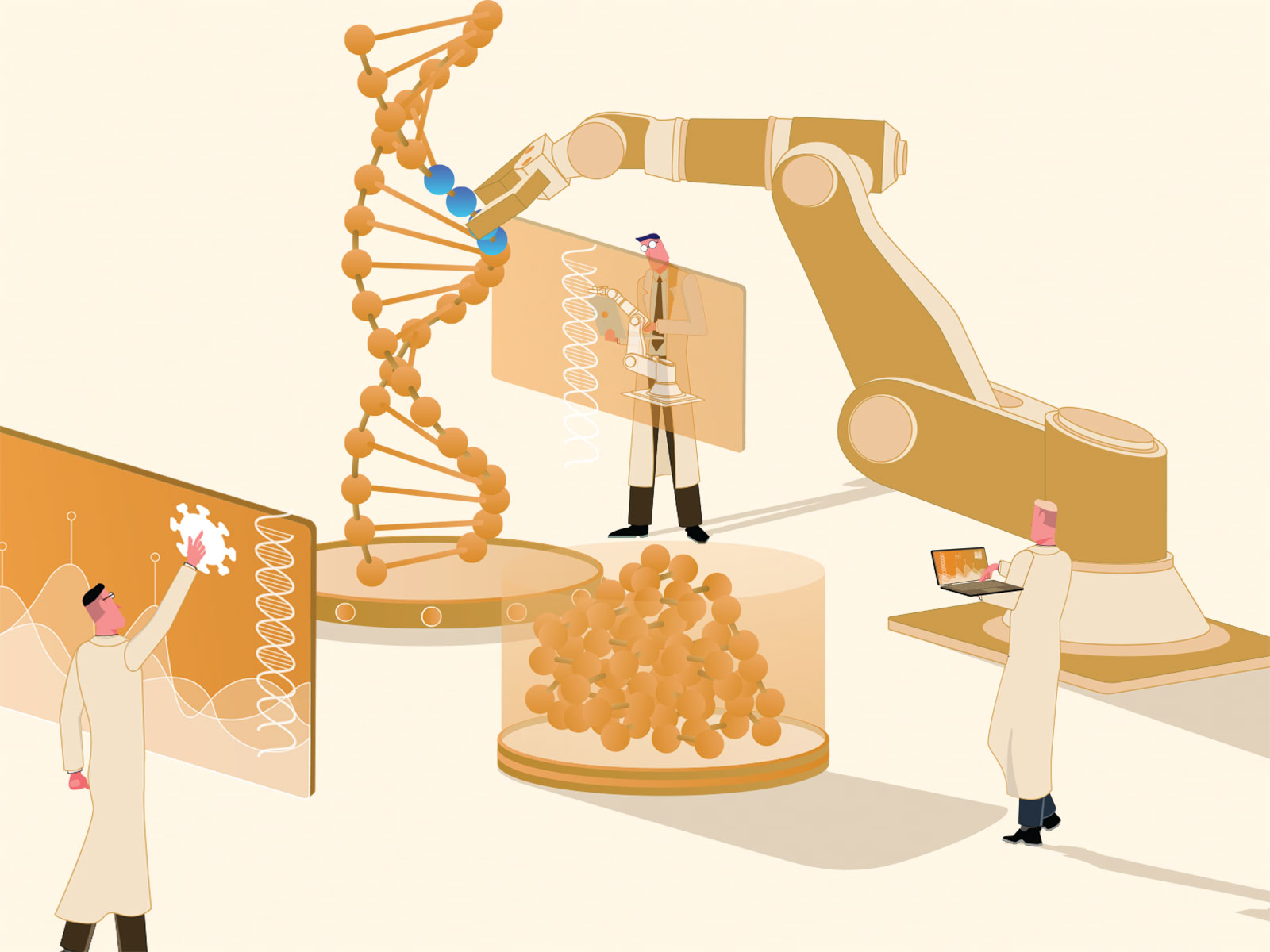
INSIGHTS
It’s Alive!!!
A WORLD IN A GRAIN OF SAND
Tiny Foes, Global Struggle The Unending Battle Against Malaria
